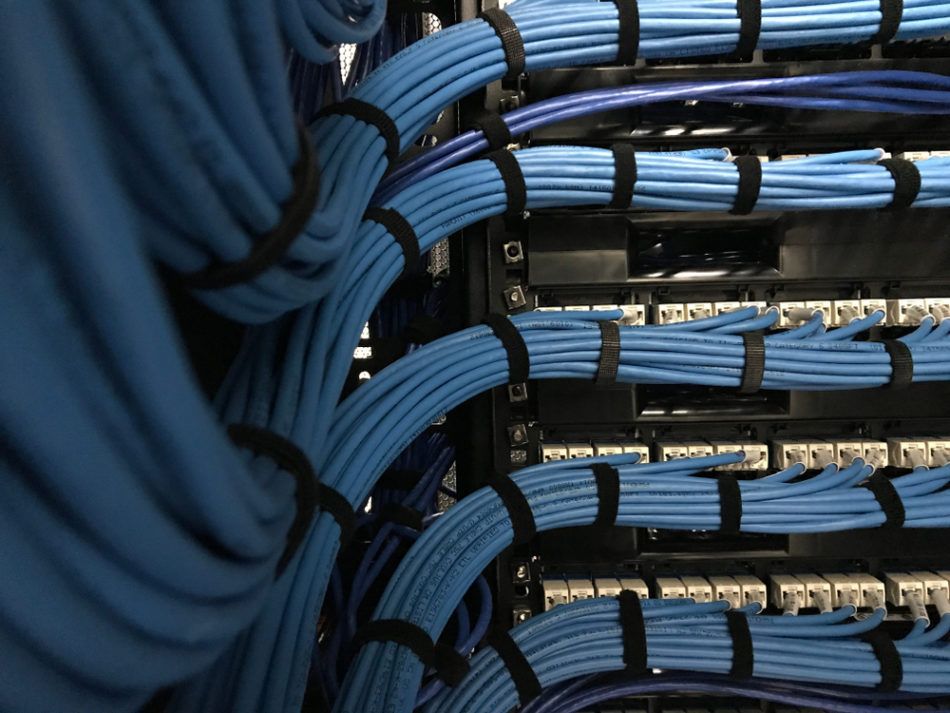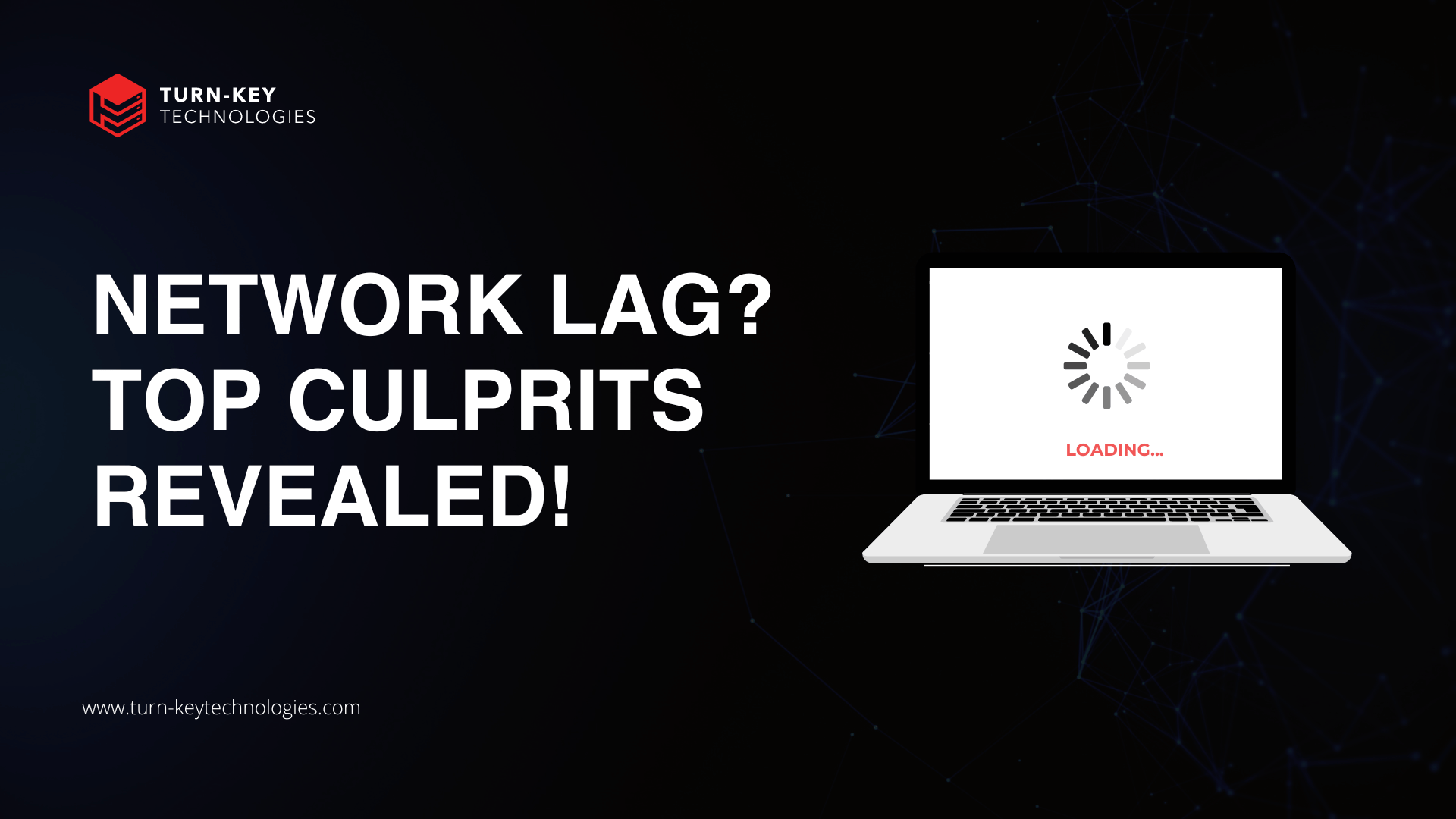The 5 Most Common Problems with Hospital Networks
Hospital networks are struggling to keep up with cybersecurity, HIPAA regulations, data management, and more. As the healthcare industry shifts its...
2 min read
Tony Ridzyowski : Sep 11, 2018 4:25:24 AM

Internet capacity may soon become just another commodity available in the peer-to-peer marketplace.
Soon, it may be possible to buy and sell excess bandwidth anonymously and securely with a simple click on an app. Several startups, including Dove Network, Privatix, and NKN, promise to do to the telecom industry what Airbnb has done to hotels and what Uber has done to cabs. More specifically, they want to create a marketplace for selling internet data throughput that organizations have already purchased but are not using.
No businesses uses all of their bandwidth all of the time. And a majority of companies’ bandwidth effectively lies dormant on weekends. Dove, Privatix, and NKN are all aiming to build a system that would allow companies to resell unused bandwidth to other companies’ or individuals’ networks, eliminating waste, reducing costs, and improving connectivity for all parties. For now, though, the proposed peer-to-peer (P2P) system isn’t as simple as it may seem.
According to Dove Network’s website, the young company hopes to leverage unused data — a substantial 35% of quantities already paid for — to bring internet connectivity to the 3 billion-plus individuals currently without it. Dove’s idea is to strategically spread this data across users, ultimately correcting this problem.
Initially, the company plans to allow all kinds of WiFi routers, mobile hotspots, and other WiFi-enabled devices to anonymously provide extra data. Its app will allow sellers to fix minimum bid prices and maximum bandwidth limits. Passing-by data users could then connect to the Dove application, which will find the closest Dove-powered hotspot or peer node, connect automatically, and securely handle payment using a specialized cryptocurrency called “Dove Tokens.”
NKN and Privatix propose very similar models, even down to the specialized currencies; the companies will trade in “NKN Tokens” and “PRIX,” respectively. All three startups forecast launches within the year, but they will likely begin with offerings for individuals only, and then roll out enterprise-level services later on.
The enterprise has a while yet to wait before it becomes clear whether or not P2P bandwidth providers will eventually succeed. And that wait will likely be prolonged by backlash from traditional data providers.
Just as Airbnb has faced pushback from hotels and landlords and Uber has dealt with similar blowback from the taxi industries, P2P bandwidth marketplaces will likely have to compete with traditional ISPs and telcos, which are all but guaranteed to view this new sharing model as a threat.
These titanic data providers have traditionally controlled the pipes of internet bandwidth, and for now, they still do. And for as long as these vendors remain the only source of bandwidth, businesses will still face the issue of wasted or spotty internet.
Choosing the “sweet spot” of bandwidth that’s just enough for your company requires meticulous evaluation of what your business needs from its network. And the best way to find that sweet spot is to partner with a network expert like Turn-key Technologies (TTI).
With years of experience evaluating, setting up, and managing enterprise networks, we have the expertise to help you determine the networking solutions that will work best for your organization. Unless and until businesses are granted access to these P2P bandwidth markets, TTI can ensure that you won’t be left with gaps in your network.

Hospital networks are struggling to keep up with cybersecurity, HIPAA regulations, data management, and more. As the healthcare industry shifts its...

Enterprises seeking high-performing networks can’t afford to ignore their network cabling, as this oft-overlooked networking component is a critical...

Sub-par network performance can have widespread impacts on your organization and those you serve, making optimal network performance a must, no...